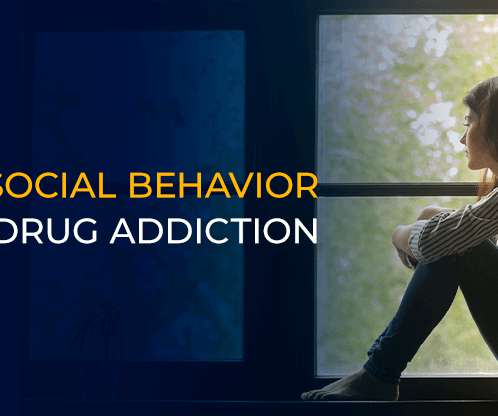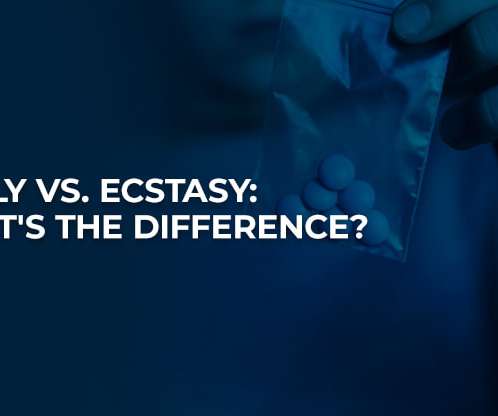Antisocial Behavior and Drug Addiction
Gateway Foundation
DECEMBER 7, 2022
Antisocial personality disorder (ASPD) or antisocial behavior can include poor impulse control, which can cause people to engage in risky behaviors, such as sharing needles with others, resulting in HIV or hepatitis. Repeatedly engaging in unlawful acts. A consistent lack of remorse regarding how their actions affect others.











Let's personalize your content